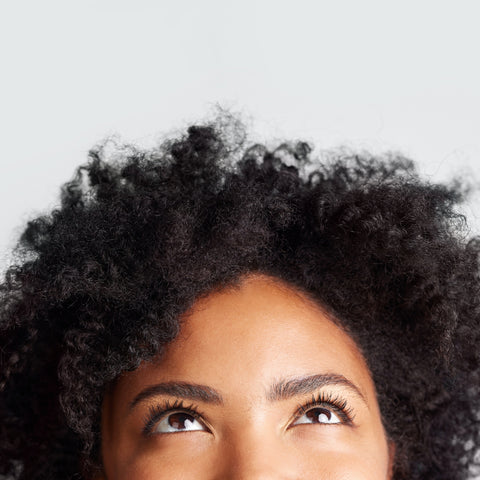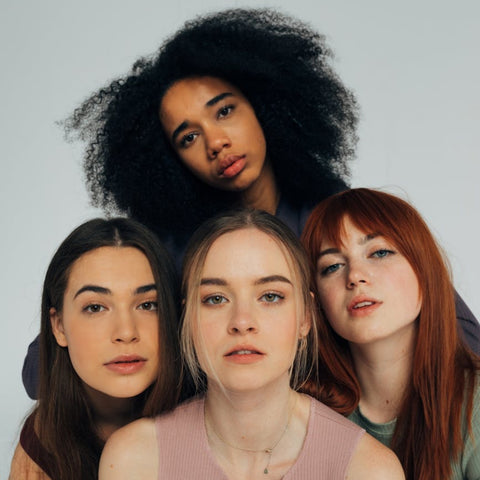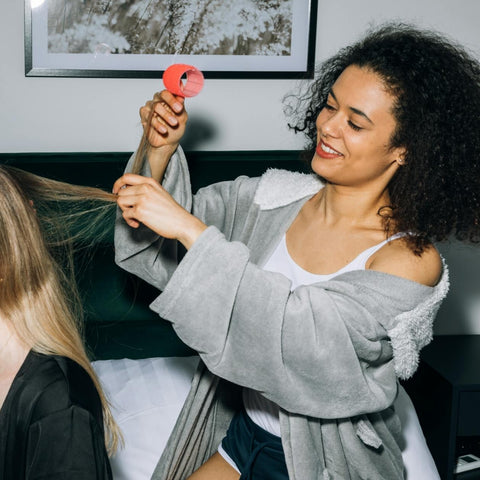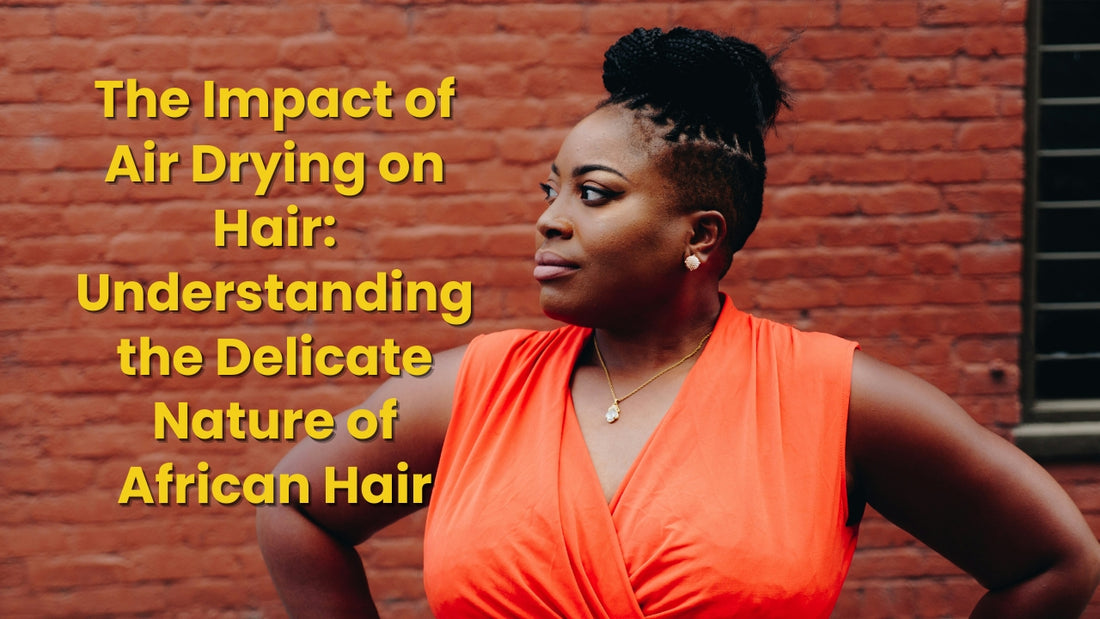Discover the potential risks of air drying hair and the importance of understanding the unique characteristics of African hair. Learn how heat drying can help prevent dryness and breakage, and explore tips for maintaining healthy and moisturized hair.

The Dangers of Air Drying
When it comes to drying our hair, many of us have been told and believed that letting it air dry was the healthiest way to dry our hair. While it made sense in theory, researchers found that air drying can actually have some detrimental effects on our hair. In this article, we will explore the dangers of air drying and why it is important to be mindful of the specific needs of different hair types.
A study conducted in Korea focused on the vulnerabilities of wet hair when air drying. The study found that air drying caused a significant increase in dryness and roughness of the hair, especially when compared to drying with a blow dryer at a moderate temperature.
This research highlights the importance of protecting it from excessive moisture loss. Understanding these specific vulnerabilities can help individuals with Caucasian hair make informed decisions about their hair drying routine.
Air Drying and Dryness
One of the major dangers of air drying is the potential for causing the hair to weaken which leads to brittleness. When we let our hair air dry, we are damaging the bonds in the layers of our hair. This can result in the hair strands becoming dry and dehydrated, which can make them more vulnerable to damage.
Interestingly and contrary to what we have been told, using heat is actually the healthier way to dry our hair, especially African hair. Not all heat is created equal, and using gentle, indirect heat will benefit your strands in the long run. We'll discuss this further in the blog.
The Risk of Breakage
Breakage is another common issue that occurs with air-dried hair. As mentioned earlier, air drying can leave the hair strands dry and brittle. When the hair is in a fragile state, it becomes more susceptible to breakage from even minor stresses, such as brushing or styling.
When we use a hooded hair dryer or diffuser on our blow dryer, we are creating more even drying. This can help minimize damage and reduce the risk of breakage. However, with air drying, we lack control over these factors and may inadvertently subject our hair to more strain and damage.

The Vulnerability of African Hair
While air drying can be damaging to all hair types, African hair in particular is known for its delicate nature and tendency towards dryness. African hair has a lower density of cuticle layers compared to other hair types, making it more prone to moisture loss and damage.
The Importance of Understanding Hair Types
Ultimately, the key takeaway from the dangers of air drying is the importance of understanding the specific needs of different hair types. Different hair types have different levels of porosity, thickness, and resilience, and each requires a tailored approach when it comes to drying.
By understanding the unique characteristics of our own hair and choosing drying methods that suit its needs, we can minimize the potential damage and maintain healthy, beautiful locks.
While air drying may seem like a simple and convenient option, it is important to recognize the potential dangers that come with it. Dryness, brittleness, breakage, and the vulnerabilities of different hair types are all factors to consider when deciding on a hair drying routine.
By being mindful of these dangers and understanding the specific needs of our hair, we can make informed choices and adopt drying methods that promote healthy and strong hair.

The Benefits of Heat Drying
Heat drying is a popular method for drying hair after washing, and it offers a wide range of benefits for those who use it. Whether you have thick, curly hair or fine, straight hair, heat drying can help you achieve the desired results. I
Retains Moisture in the Hair
One of the main benefits of heat drying is that it helps retain moisture in the hair. When you use a diffuser on your blow dryer or a hooded hair dryer, the gentle heat helps to seal the hair cuticles, preventing moisture from escaping. This is particularly beneficial for individuals with dry or damaged hair, as it can help to restore moisture and leave the hair feeling soft and smooth.
Prevents Hair from Becoming Dry and Brittle
A common problem with air drying is that it can leave the hair feeling dry and brittle. This is especially true for individuals with naturally dry hair or those who live in dry climates. Heat drying, on the other hand, can help to minimize the risk of dryness and brittleness. By sealing the hair cuticles, heat drying locks in moisture and prevents the hair from becoming excessively dry.
An Effective Alternative to Air Drying
While air drying is a natural and convenient method for drying the hair, it may not always be the most practical option. Air drying can take a significant amount of time, especially for individuals with thick or long hair. Heat drying, on the other hand, is a much quicker method and can help you achieve the desired results in a fraction of the time. It is a great alternative for those who are pressed for time or who prefer a more polished look.
Recommended for African Hair
One important consideration when it comes to heat drying is hair type. African hair is generally more delicate and prone to damage compared to other hair types. Heat drying is recommended for individuals with African hair as it allows for more control over the drying process. By adjusting the heat settings and using the right tools, individuals with African hair can minimize the risk of damage and achieve optimal results.

Consult a Professional
While heat drying can offer many benefits, it is important to note that proper technique and the right tools are crucial for achieving the best results. Consulting a professional hairstylist is highly recommended to ensure that you are using the correct heat drying techniques for your hair type. A professional can provide personalized advice and guidance and recommend the most suitable heat styling tools for your needs. They can also help you determine the appropriate heat settings to use to prevent damage and maintain the health of your hair.
Book your 1-on-1 Consult with Scarlett
In conclusion, heat drying offers a range of benefits for individuals looking to achieve a polished and speedy drying process. It helps in retaining moisture, prevents dryness and brittleness, and is a great alternative to air drying. However, it is crucial to consider your hair type and consult a professional for personalized advice to ensure the best possible results. So, embrace the benefits of heat drying and enjoy healthy, beautiful hair.

